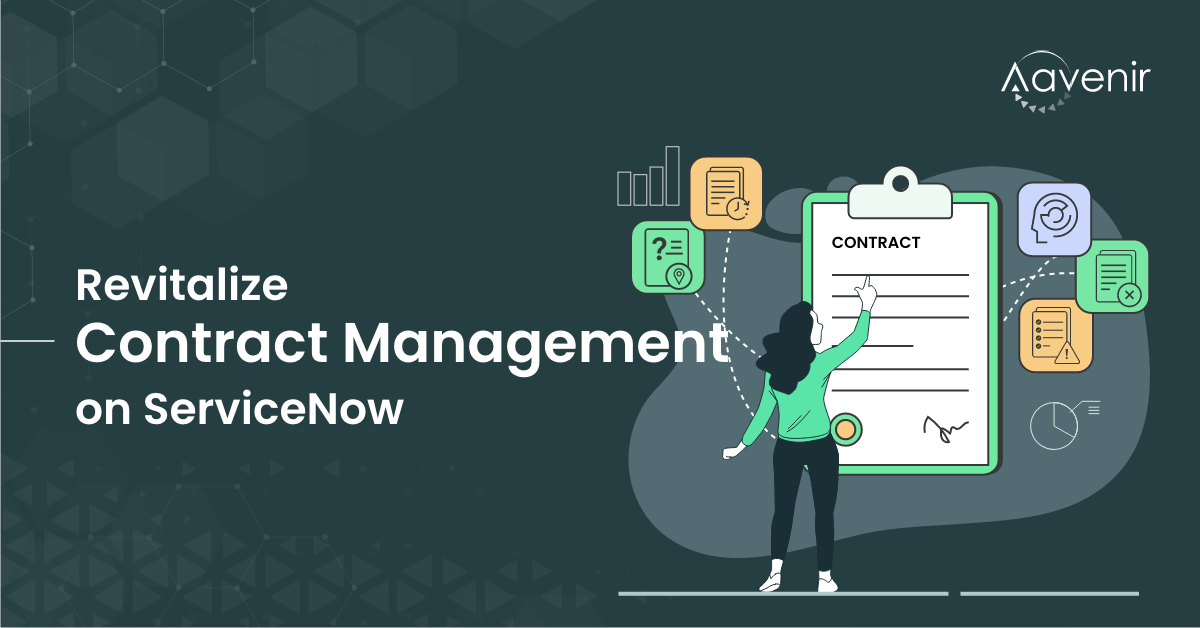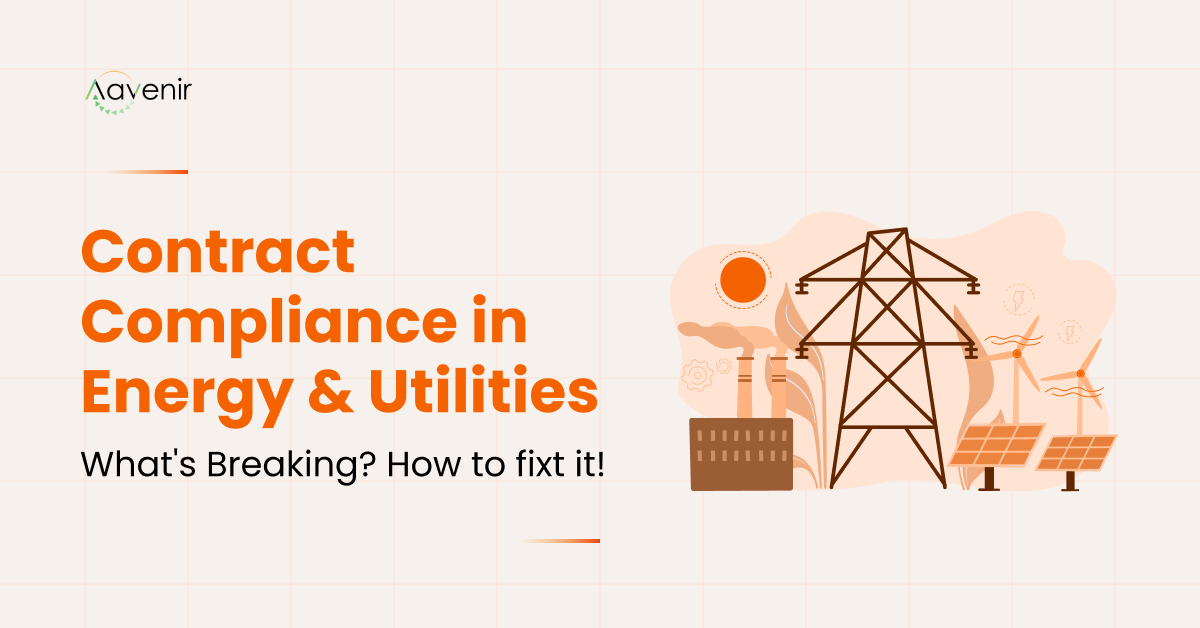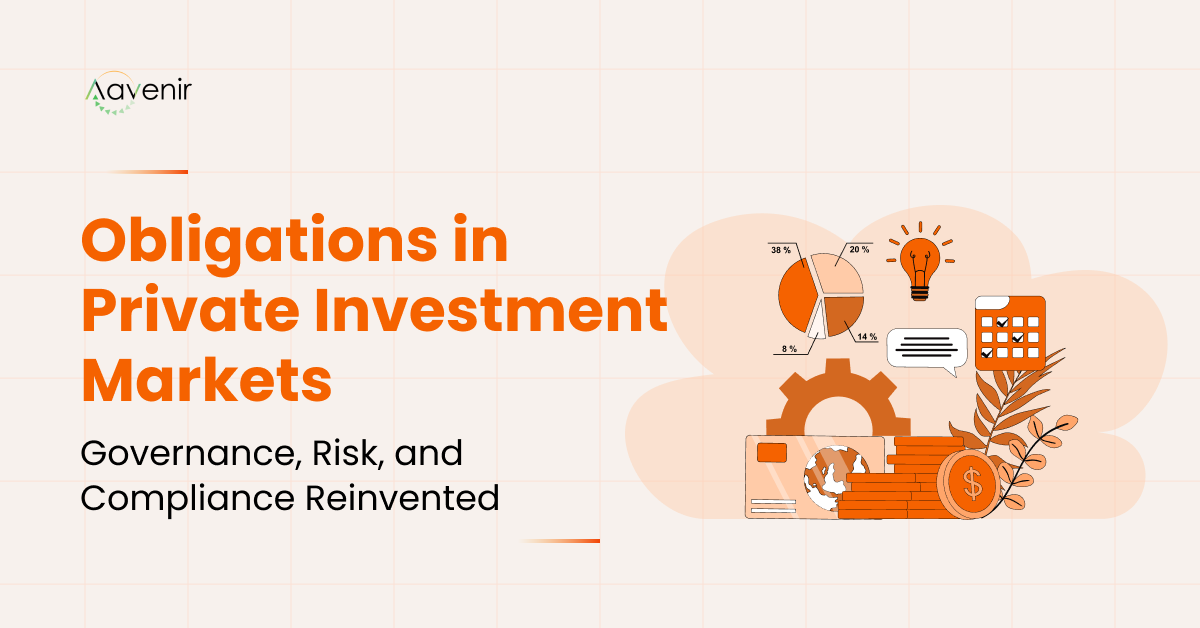Having a better contract management process provides double-fold benefits. It keeps your suppliers satisfied while keeping the contract realization value under control. Most organizations even today in this digital age use manual methods for managing their contracts like shared folders, spreadsheets, and even filing contracts. When using documents, spreadsheets, and shared folders to manage contracts, it’s not unexpected for contracting parties to get lost in the flow from one desk to the next. Here comes the need to bring in a change in your organization instead of focusing on integrating multiple, standalone IT systems. Heard about effective contract management on ServiceNow?
An advanced contract management solution built on ServiceNow can save you a significant amount of time and cost, while at the same time helping you realize maximum value from your contractual relationships with your suppliers. Starting from the time when someone raises a request for a contract, to drafting a contract, negotiating with internal & external stakeholders, obtaining necessary approvals, and signing the contract with electronic signature – all of that can now be entirely performed and automated on your own ServiceNow platform. Contract management on ServiceNow helps your organization’s IT leadership achieve their objective of a strategic consolidation of all technology on the ServiceNow platform, while you get the benefit of a superior, cutting edge contract management solution.
Here are the most relatable problem scenarios that professionals across most organizations experience.
1. Lost Track of Contracts’ Versions
“We are unsure whether the amendment shown on the contract is current, Neither we are confident that we have accounted for all of the changes in this contract.”
This is not at all surprising. One of the real challenges businesses face is to know the latest version of their contracts. Often, there are revisions and amendments in contracting terms and conditions. The constant modifications might become difficult to keep track of and recall once the contract begins its journey towards signatures. This may often invite financial as well as legal disasters.
- If the terms and conditions aren’t laid out explicitly, contracts become open to interpretation by either party.
- If naming conventions of files are not maintained in the standard format, it’s easy to forget who owns the most recent version.
- And, if you delete unwanted multiple versions of the same contract without knowing the latest version, you may lose the crucial information forever and cannot even retrieve it when needed
It is never recommended to delete something altogether. Instead, save the data in a central cloud-based repository. CLM solutions built on ServiceNow allow editing contract details in a central cloud-based location. Each version shows who saved alterations at what time, so you’ll never be left guessing who made a particular set of edits.
2. Many Contracts Get Auto-renewed
“We received an invoice for a contract which we thought had expired.”
Imagine the contracting party finds out that they have unknowingly passed the termination deadline and are now stuck with a year of something they don’t want. Issues may also arise where a written contract contains a defective auto-renewal clause. The annual cost of the contract that gets unintentionally auto-renewed is significantly huge.
To prevent auto-renewals of contracts, your contract management software should provide you with three notifications:
- Contract due date
- Internal review reminder
- Contract expiration date
Aavenir Contractflow helps mitigate such problems by tracking a contract’s end of term date and sending automated notifications well in advance. It can help you save money, prevent you from being charged excessively and help you remember to cancel, amend or renew your contracts before they expire or get auto-renewed.
3. Unintentional Contract Expirations
“We only realized the expiration of the contract when we stopped receiving raw materials and production badly got hampered, and now we have no option but to spend extra in renewing the contract or finding an alternative supplier”
Contracts that generate recurring revenue are especially valuable. When your volume of contracts is high and your contract management processes are traditional, they are at risk of expiring without notice. Companies need to have reliable systems in place to monitor and manage their outstanding contracts.
Always ensure you are not performing under expired contracts. In case your organization includes significant risk-mitigation terms in your contract templates, such as damage caps and exclusions on certain remedies and damages, knowing their expiry dates beforehand is very crucial. Failing to do so exposes your organization to significant risk if a contract expires.
To prevent unintentional contract expirations, your contract management software should create automated alerts at the time of contract execution and track each milestone during the contract lifecycle, such as amendments.
4. Failure in Assessing Vendor Performance
“We do use scorecard data to improve vendor relationships and performance, but it isn’t helping much in identifying vendor issues before they become problems.”
McKinsey has reviewed more than 100 contracts against 60 criteria to discover that more than 75 percent of contracts lacked thorough key performance indicators (KPIs) for assessing vendor evaluation.
When a vendor fails to deliver on time or meet compliance, it leads to weakening your supply chain process leaving your business stranded. Tracking vendor performance can be measured through multiple KPIs like payment terms, prices, discounts, delivery lead times, quality of supplies, under/over-deliveries, financial stability, communication time lags, and many others. A balanced scorecard can definitely help but needs a strategic and more advanced approach.
Negotiating high-performing contracts with the right vendors requires fostering long-term, strategic alliances. Good suppliers are less likely to breach contracts or defraud, and their deliverables are far more likely to meet performance standards.
An integrated view of the performance of all the vendors can be achieved through the implementation of a vendor management system. AI-based vendor management systems can measure vendor performance and help you focus on high-value and strategic vendors.
5. Poor Compliance Monitoring
“Meeting key obligations is just one thing; identifying and flagging deviations from negotiated terms and conditions is something we always struggle with.”
Contract compliance isn’t something that can be accomplished by a single person or by a single department. Meeting contractual obligations and compliance is everyone’s job. To avoid the risk of non-compliance and breach of contract, contracting parties must lay out clear expectations with proper communication. Each party’s role must be precisely defined. You can manage and resolve this issue by getting complete visibility into contracts.
Pre-defined contract templates, established approval workflows, and ongoing monitoring of contracts’ performance in line with KPIs will help meet obligations. Reduce revenue leakage and increase contact value with AI-enabled contractual obligation compliance management system built on ServiceNow. It delivers 360-degree visibility into the state of compliance of all your contractual obligations across your organization.
Final Thought – Revitalize Contract Management on ServiceNow
Contract management solutions built on ServiceNow make it simple to track and visualize the real-time stage and status of every contract through its lifecycle with progress bars. You can quickly see what contracts are being requested, drafted, negotiated, approved, and executed right in the system. In addition, you will always know what contracts are active, pending, and terminated and who’s working on them. Get a real-time and accurate snapshot of your organization’s contracting opportunities and hazards, from contract creation to compliance and tracking on ServiceNow.





